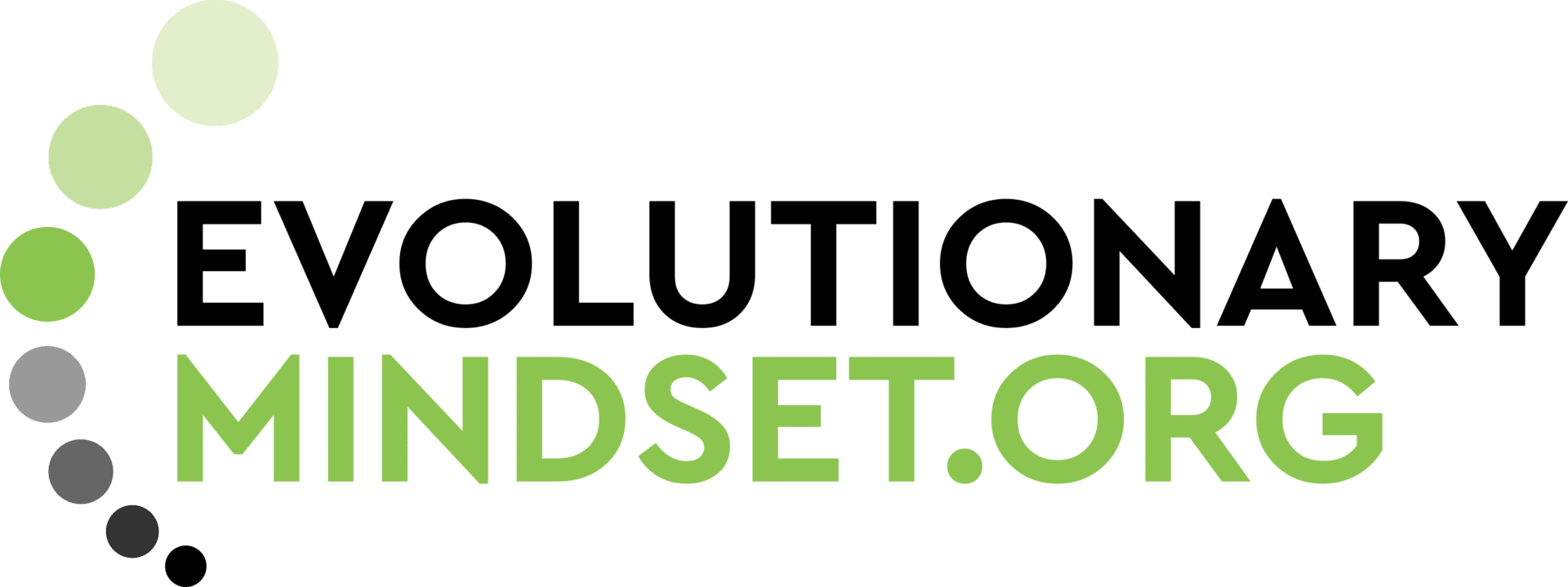
The Evolution of Social Instincts
Based on Charles Darwin and the science of evolution, we (human entities) started as self-focused and self-reliant organisms with a “me-first” approach for survival purposes. Over time, we then evolved to have sexual, parental, and social instincts, and today, where our human species’ social instincts have evolved over millions of years, from basic sexual to parental-style nurturing and compassion to now an even higher level of selflessness or altruism.
We are all on this spectrum of social instincts from basic, low-level nurturing to higher levels of pure altruism.
Nurturing is the first stage, in which social instincts lead humans to take pleasure in the society of their fellows. We feel a certain amount of caring for them, and a desire to perform various services for others.
Compassion is when observing another’s enduring pain revives our own experiences of pain. This then impels us to relieve the sufferings of another; having pity or sorrow.
Sympathy involves understanding from our perspective of having had a similar experience.
Empathy is when you put yourself in another entity’s shoes and imagine how they are feeling or acting without having had the same experience.
Altruism is taking unselfish as opposed to egotistic actions, putting others first before yourself.
Morality refers to clearly understanding the difference between right and wrong or good and bad and acting accordingly. Choosing the right thing for the greater good and our society as a whole.
There are biological reasons for humans’ expanded capacity for morality and reasoning. Humans have greater size and complexity of neuronal interlinking between the limbic system and cerebral cortex of the brain. Our highly developed frontal regions of the cortex are involved in processes of moral sensitivity, the moral sense. This capacity is also linked with brain areas that store memories of results—better or worse outcomes—for everything we have done. This becomes learning for our moral intelligence, allowing us to connect observation and feeling making possible planning for ourselves and others.
Also very important is being self-reflective of your own actions and beliefs and then having the capacity for forming good habits that result in growth. Having high social instincts requires both emotional depth and the capacity for self-reflection and good habit-building in order to achieve maximum success and survival within the environment.
Evolutionary entities take the time to reflect and adjust on these key evolutionary attributes around social instincts; empathy, altruism, morality, self-reflection, social reflection, and good habit development.
View the video on Youtube:
